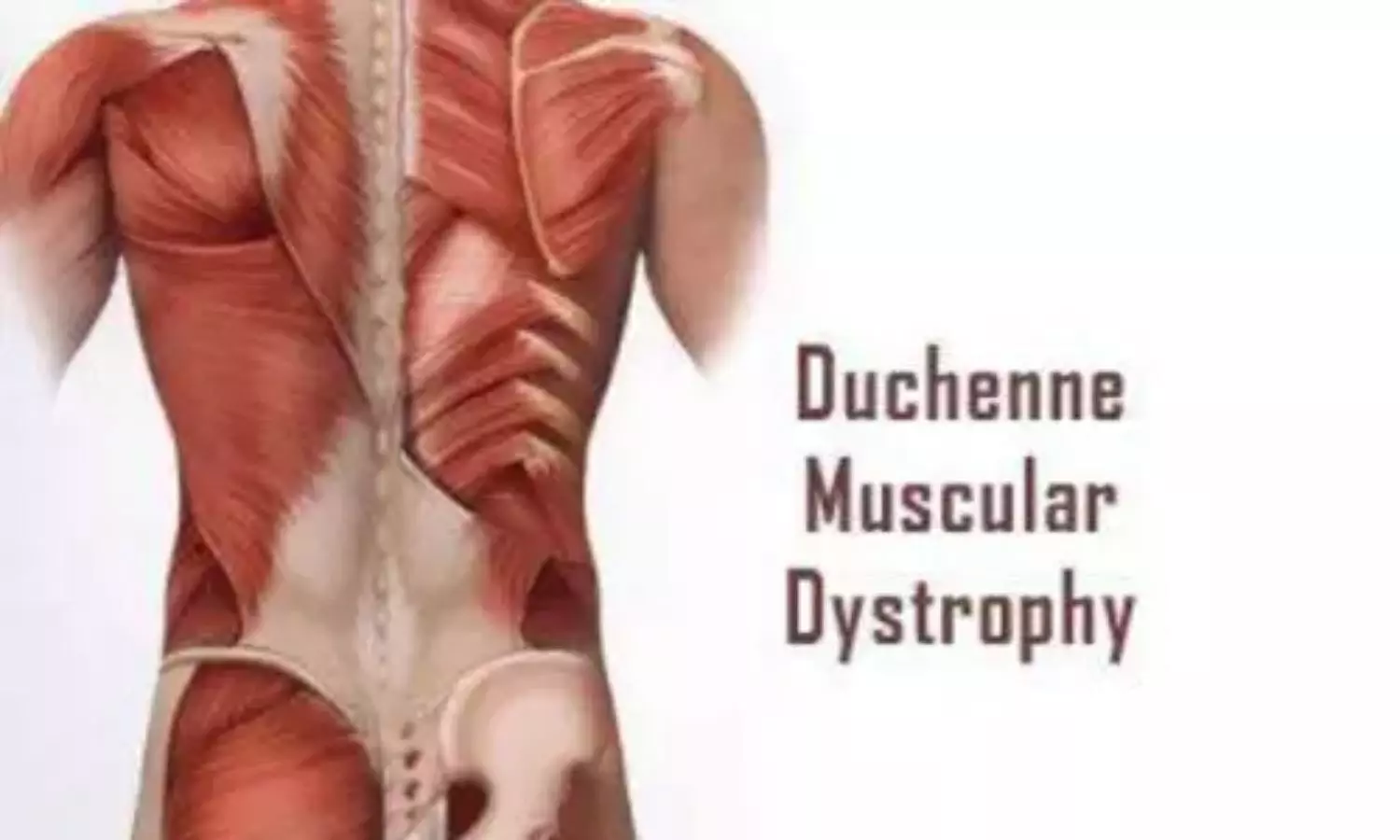- Home
- Medical news & Guidelines
- Anesthesiology
- Cardiology and CTVS
- Critical Care
- Dentistry
- Dermatology
- Diabetes and Endocrinology
- ENT
- Gastroenterology
- Medicine
- Nephrology
- Neurology
- Obstretics-Gynaecology
- Oncology
- Ophthalmology
- Orthopaedics
- Pediatrics-Neonatology
- Psychiatry
- Pulmonology
- Radiology
- Surgery
- Urology
- Laboratory Medicine
- Diet
- Nursing
- Paramedical
- Physiotherapy
- Health news
- AYUSH
- State News
- Andaman and Nicobar Islands
- Andhra Pradesh
- Arunachal Pradesh
- Assam
- Bihar
- Chandigarh
- Chattisgarh
- Dadra and Nagar Haveli
- Daman and Diu
- Delhi
- Goa
- Gujarat
- Haryana
- Himachal Pradesh
- Jammu & Kashmir
- Jharkhand
- Karnataka
- Kerala
- Ladakh
- Lakshadweep
- Madhya Pradesh
- Maharashtra
- Manipur
- Meghalaya
- Mizoram
- Nagaland
- Odisha
- Puducherry
- Punjab
- Rajasthan
- Sikkim
- Tamil Nadu
- Telangana
- Tripura
- Uttar Pradesh
- Uttrakhand
- West Bengal
- Medical Education
- Industry
Gene therapy receives FDA approval for Duchenne Muscular Dystrophy

USA: The U.S. Food and Drug Administration (FDA) has approved delandistrogene moxeparvovec (Elevidys), the first gene therapy for children 4 through 5 years of age with Duchenne muscular dystrophy (DMD). It is approved for those pediatric patients with a confirmed mutation in the DMD gene who do not have a pre-existing medical reason preventing treatment with this therapy.According to the...
USA: The U.S. Food and Drug Administration (FDA) has approved delandistrogene moxeparvovec (Elevidys), the first gene therapy for children 4 through 5 years of age with Duchenne muscular dystrophy (DMD). It is approved for those pediatric patients with a confirmed mutation in the DMD gene who do not have a pre-existing medical reason preventing treatment with this therapy.
According to the FDA, the clinical benefit of gene therapy, including improved motor function, has not been established. Delandistrogene moxeparvovec was approved through an accelerated approval pathway, a pathway for drugs for severe or life-threatening diseases with an unmet medical need. Under this pathway, treatments must show an effect on a surrogate endpoint reasonably likely to predict clinical benefit. The surrogate endpoint, in this case, was micro-dystrophin
Duchenne muscular dystrophy occurs via a mutation that results in a lack of dystrophin (a protein that helps keep the body's muscle cells intact) and muscle loss. About one in 3,300 boys are affected by this condition that has no cure. Delandistrogene moxeparvovec delivers a gene that codes for a shortened form of dystrophin- a novel, engineered protein called micro-dystrophin- to help preserve muscle.
Elevidys is a recombinant gene therapy designed to deliver a gene into the body that produces Elevidys micro-dystrophin. This shortened protein contains selected domains of the dystrophin protein present in normal muscle cells. The product is administered as a single intravenous dose.
"Today's approval addresses an urgent unmet medical need and is an important advancement in the treatment of Duchenne muscular dystrophy, a devastating condition with limited treatment options that leads to a progressive deterioration of an individual's health over time," Peter Marks, M.D., PhD, director of the FDA's Center for Biologics Evaluation and Research, said in a press release.
The approval was given based on data submitted to the FDA by Sarepta Therapeutics, including clinical studies that established expression of the micro-dystrophin protein in skeletal muscle and empirical and biological evidence.
The basis for approval was a randomized clinical trial established that Elevidys increased the expression of the Elevidys micro-dystrophin protein observed in Elevidys-treated individuals aged 4 to 5 years with DMD.
The FDA concluded, "The data submitted by the applicant demonstrated that an increase in this surrogate endpoint (expression of Elevidys micro-dystrophin) is reasonably likely to predict clinical benefit in individuals 4 to 5 years of age with DMD who do not have significant pre-existing antibody titers against the AAV rh74 vector or have other contraindications based on the clinical trials' inclusion criteria."
MSc. Biotechnology
Medha Baranwal joined Medical Dialogues as an Editor in 2018 for Speciality Medical Dialogues. She covers several medical specialties including Cardiac Sciences, Dentistry, Diabetes and Endo, Diagnostics, ENT, Gastroenterology, Neurosciences, and Radiology. She has completed her Bachelors in Biomedical Sciences from DU and then pursued Masters in Biotechnology from Amity University. She has a working experience of 5 years in the field of medical research writing, scientific writing, content writing, and content management. She can be contacted at editorial@medicaldialogues.in. Contact no. 011-43720751



